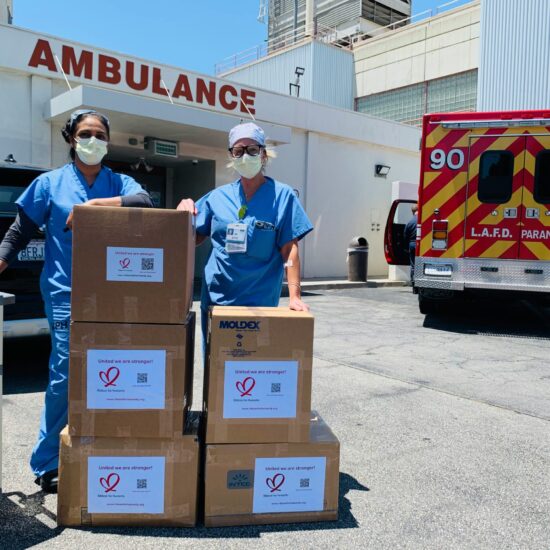
These past few years, it’s become a vernal ritual: in early April, just as the buds on the flowering pear trees are about to pop here in New York City, I get on a plane and fly to Iowa, where spring “may continue taking its time” to arrive. It seems perverse, I know. What could lure me again to the great, flat, frozen Midwest after a winter like we’ve had? The Examined Life Conference: Writing, Humanities, and the Art of Medicine, an annual gathering of health care providers and writers at the University of Iowa Carver College of Medicine—this year’s conference takes place April 10 – 12.
 Among the featured presenters will be Andrew Solomon, whose most recent book, Far from the Tree: Parents, Children, and the Search for Identity, won the National Book Critics Circle award for nonfiction and many other prizes. (He’s also the author of a much-discussed New Yorker article, “The Reckoning,” based on his extensive interviews with Peter Lanza, the father of the Sandy Hook Elementary School shooter, Adam Lanza.) Also on hand will be Louise Aronson, a Harvard-educated geriatrician who holds an MFA from the Program for Writers at Warren Wilson College. She is the author of a short story collection, A History of the Present Illness.
Among the featured presenters will be Andrew Solomon, whose most recent book, Far from the Tree: Parents, Children, and the Search for Identity, won the National Book Critics Circle award for nonfiction and many other prizes. (He’s also the author of a much-discussed New Yorker article, “The Reckoning,” based on his extensive interviews with Peter Lanza, the father of the Sandy Hook Elementary School shooter, Adam Lanza.) Also on hand will be Louise Aronson, a Harvard-educated geriatrician who holds an MFA from the Program for Writers at Warren Wilson College. She is the author of a short story collection, A History of the Present Illness.
I’m especially excited this year because CHMP Poet-in-Residence Joy Jacobson and I will lead a two-day preconference writing workshop, Writers as Healers, Healers as Writers, on Tuesday and Wednesday, April 8 – 9. There’s still time to sign up.
We don’t follow the format of the traditional writing workshop, in which participants critique drafts of stories, poems, or essays with an eye to improving their literary value. Rather, the focus of our workshops is on the writing process as an act of discovery and healing. We base our approach on the expressive writing method pioneered by psychologist James W. Pennebaker and colleagues, who have demonstrated a wide range of physical and emotional health benefits associated with intensive writing about trauma and other emotionally charged events. We’ve also adapted the methods outlined in Louise DeSalvo’s Writing as a Way of Healing: How Telling Our Stories Transforms Our Lives, itself an elaboration of Pennebaker’s expressive writing technique.
Also due in April is Expressive Writing: Words that Heal, coauthored by Pennebaker and John Evans. According to the Amazon blurb, “It explains why writing can often be more helpful than talking when dealing with trauma, and it prepares the reader for their writing experience. The book looks at the most serious issues and helps the reader process them. From the instructions: ‘Write about what keeps you awake at night. The emotional upheaval bothering you the most and keeping you awake at night is a good place to start writing.’”
Joy and I will post from the conference. Stay tuned. And enjoy the Rite of Spring!
–Jim Stubenrauch is a senior fellow at the Center for Health, Media & Policy
and teaches writing at the Hunter-Bellevue School of Nursing.








